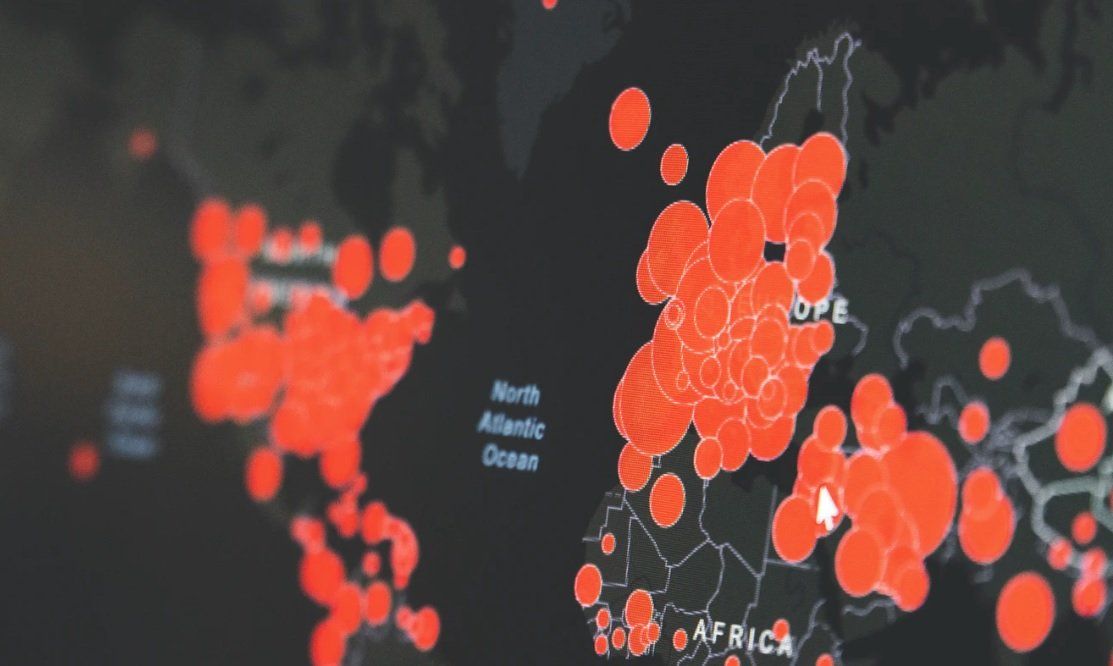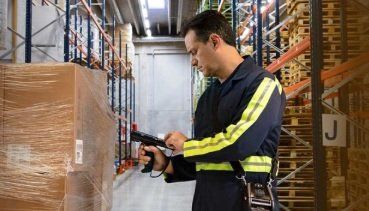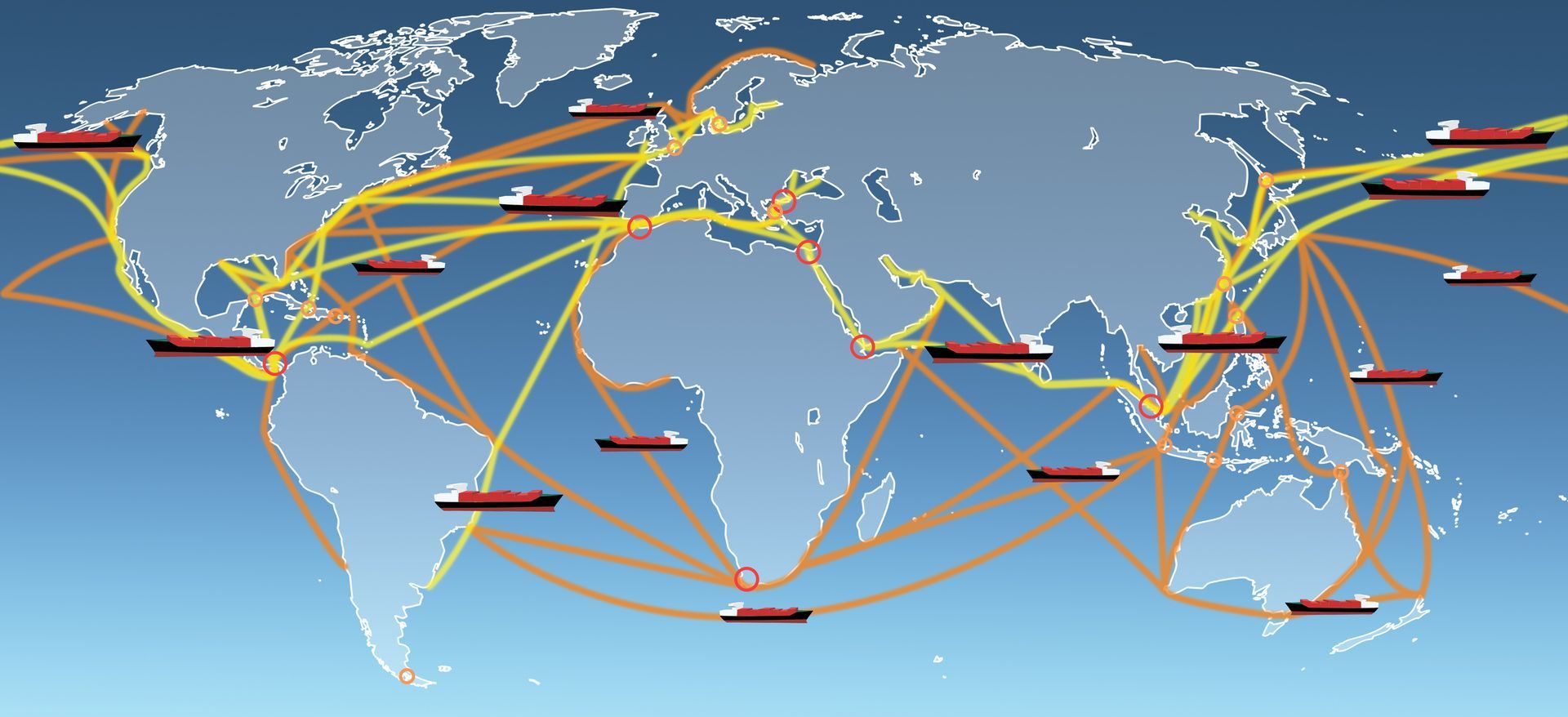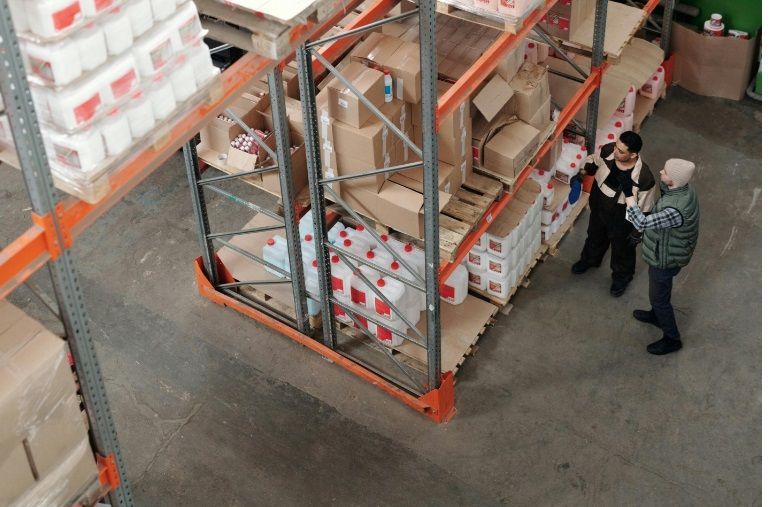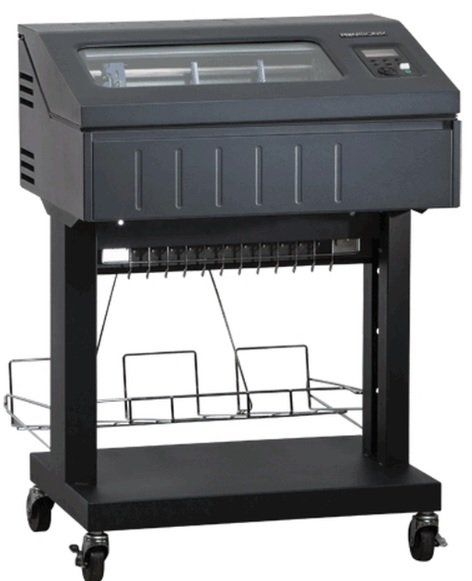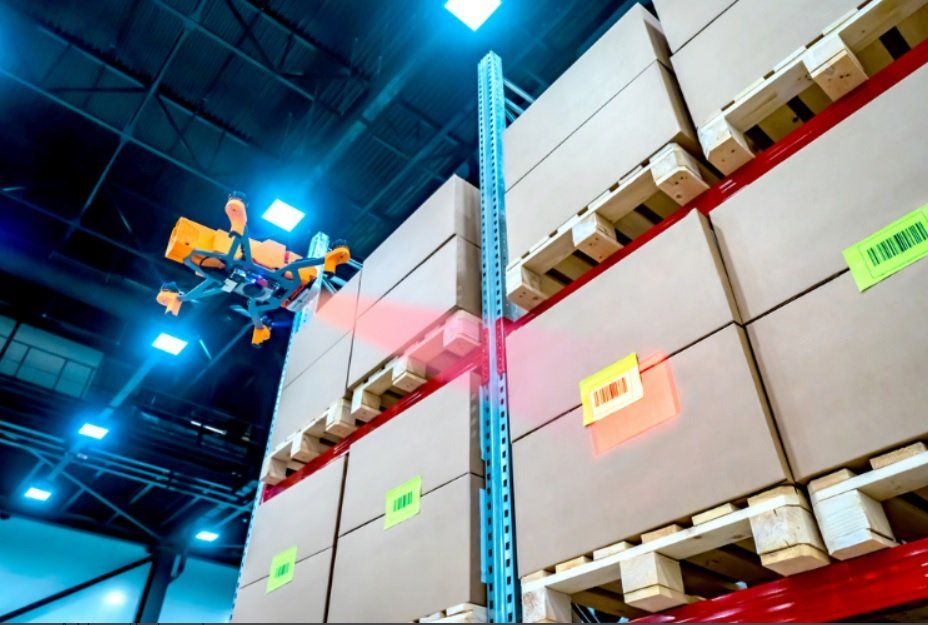How Can Warehousing & Distribution Supply Chain Management Survive Through Coronavirus Crisis?
The spread of the virus has effected many logistic supply chains around the world. Proper investment in supply chain technology has helped.
The Covid-19 pandemic is wreaking havoc everywhere around the world. Needless to say, businesses and supply chain networks have been strongly hit.
Business owners and governments are, therefore, taking measures to secure their supply chains, especially those that provide basic necessities.
Lack of Data
The task, however, is not an easy one since supply chains now span the globe, making their control and management more complex. Adding to the complexity is the dearth of vital data that can help managers make appropriate decisions to mitigate the impact of Covid-19 on their supply chains. Due to the absence of necessary information, the response has been haphazard, uncoordinated and reactive in nature.
The Solution
However, not all companies have been hit as badly by the epidemic. Companies that invested in supply chain technology have been more resilient to the disruptive effects of the coronavirus epidemic and are better poised to make the right decisions that can secure their supply chains.
One of the reasons these companies are able to respond better to a major crisis like Covid-19 is that their technological investments provide them with the information they need to make optimum decisions, instead of relying on vague surmises and conjectures that often turn out to be wrong. These companies are better informed of the risks confronting their suppliers and components and can hence take steps to mitigate these risks. With the necessary information at their disposal, these companies can also establish alternative sites to safeguard their capacity and workflow.
Those left behind will be the ones that failed to invest in supply chain technologies even in the face of major disruptions like the Japanese earthquake as well as numerous floods and storms that ravaged supply chains around the world.
Instead of mounting a robust response to alleviate the effects of the current crisis, these companies found themselves desperately searching for data about suppliers located in areas suffering lock downs.
Previous Disasters
The supply chain disaster emanating from the Japanese earthquakes and Fukushima catastrophes revealed how multinational companies had to spend many months and devote full-time staff to collect information about the total scope of disruption to their supply chains. This mapping of supply chain networks will, undoubtedly, be much easier with the inclusion of the latest in RFID, wireless and other technologies, which has provided proven benefits to early adopters.
Computing, printing, barcode scanningand wireless technologies are now at the forefront of efficient logistics. They can provide you the information and agility that you need for streamlined operations and effective disaster response. By giving you full visibility over your assets, raw materials, components and supply chain, these cutting-edge toolscan empower you to orchestrate a coordinated and well-managed risk mitigation strategy.
Although supply chain mapping is labor and capital intensive, the dividends that this process yields certainly outweighs the inputs. The companies that are best poised for this vital process are those that are investing in these crucial technologies to make their supply chains more resilient to major upheavals.
MIDCOM is here to help warehousing and distribution supply chains stay current with the newest technology in thermal label barcode printers, RFID printersand barcode scanning devices. Talk to one of our Specialists today by calling (800) 643-2664 .



